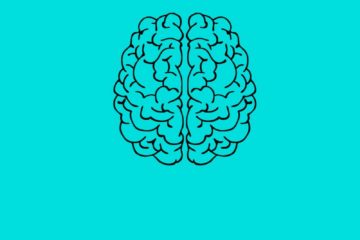| EMDR (Eye Movement Desensitization and Reprocessing) is a psychotherapy approach that has been primarily used to treat post-traumatic stress disorder (PTSD). However, it has also shown efficacy in addressing a range of other mental health conditions and psychological issues. Here are some conditions and issues that EMDR can be used to treat: PTSD (Post-Traumatic Stress Disorder): EMDR is particularly well-known for its effectiveness in treating PTSD. It helps individuals process traumatic memories and reduce associated distressing symptoms, such as flashbacks, nightmares, and hypervigilance. Anxiety Disorders: EMDR can be used to treat various anxiety disorders, including generalized anxiety disorder (GAD), panic disorder, phobias, social anxiety disorder, and obsessive-compulsive disorder (OCD). It aims to desensitize and reprocess the underlying traumatic experiences or distressing memories contributing to the anxiety. Depression: EMDR has been found to be beneficial in alleviating symptoms of depression. By targeting negative beliefs and memories that contribute to depressive feelings, EMDR can help individuals reprocess and develop more adaptive coping strategies. Childhood Trauma: EMDR can be effective in treating trauma experienced during childhood, such as physical or sexual abuse, neglect, or witnessing domestic violence. It helps individuals process these traumatic experiences and address the negative beliefs and emotions associated with them. Phobias and Fears: EMDR can be used to treat specific phobias and fears by desensitizing the distressing emotions linked to the feared object or situation. By reprocessing the memories associated with the phobia, individuals can experience a reduction in fear and anxiety. Performance Anxiety: EMDR has been used to address performance anxiety in various domains, such as public speaking, sports, and artistic performances. It helps individuals identify and reprocess negative beliefs and past experiences that contribute to performance-related stress and anxiety. Dissociative Disorders: EMDR can be a beneficial adjunctive therapy for individuals with dissociative disorders, such as dissociative identity disorder (DID) or dissociative amnesia. It focuses on resolving traumatic memories and enhancing integration and stabilisation. Grief and Loss: EMDR can aid individuals in processing and resolving unresolved grief or complicated bereavement. It helps by reprocessing the emotions and beliefs associated with the loss, facilitating the healing process. |
EMDR
What is EMDR Therapy?
EMDR (Eye Movement Desensitisation and Reprocessing) is a proven psychotherapy to help you process and heal from past adverse and traumatic experiences that affect your psychological wellbeing. The therapy involves using side to side eye Read more…
